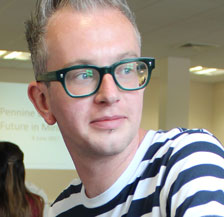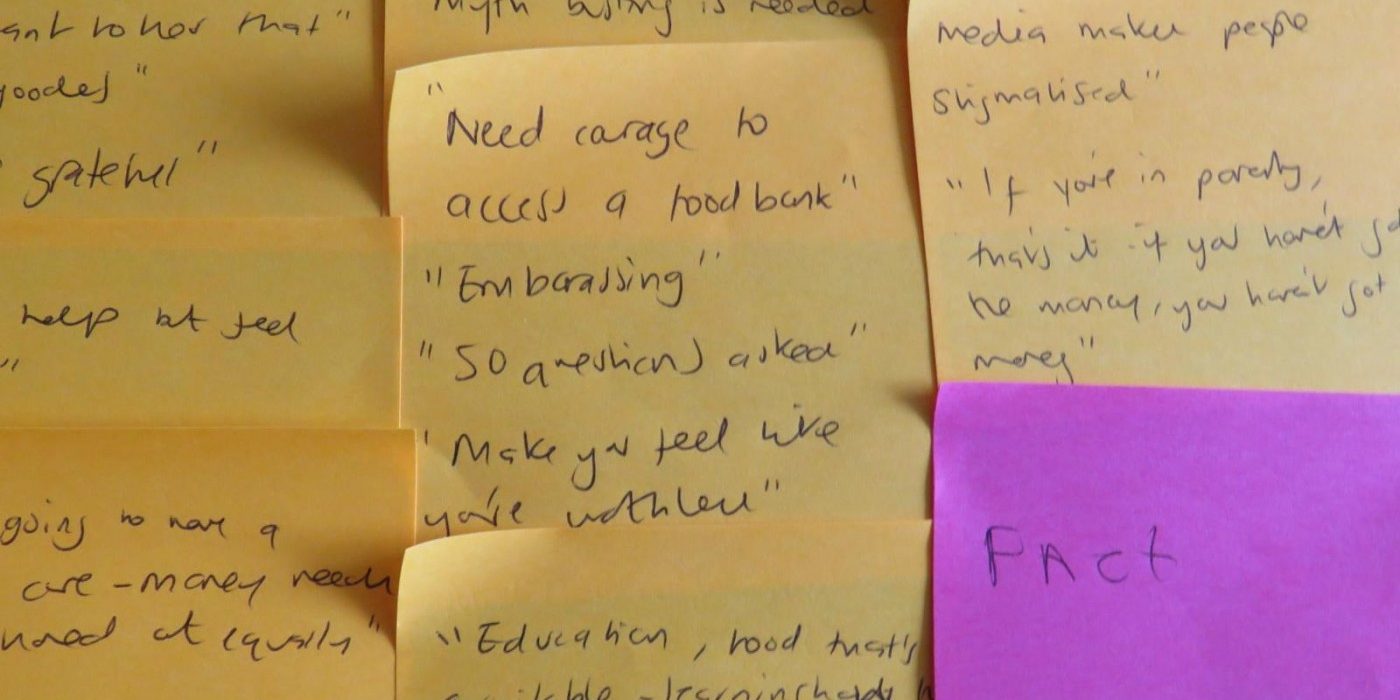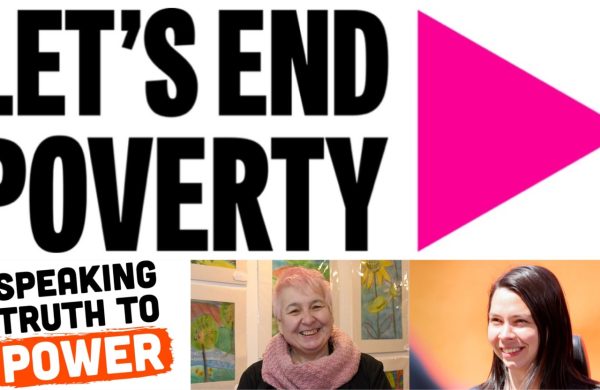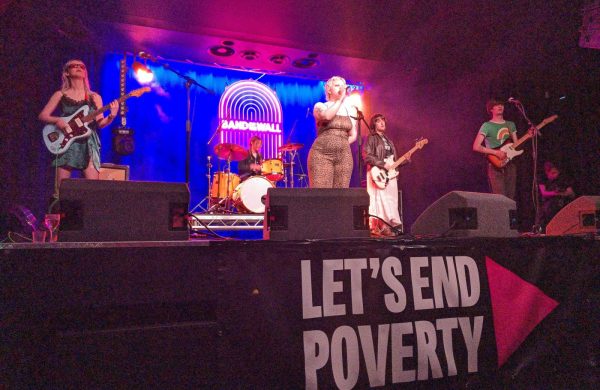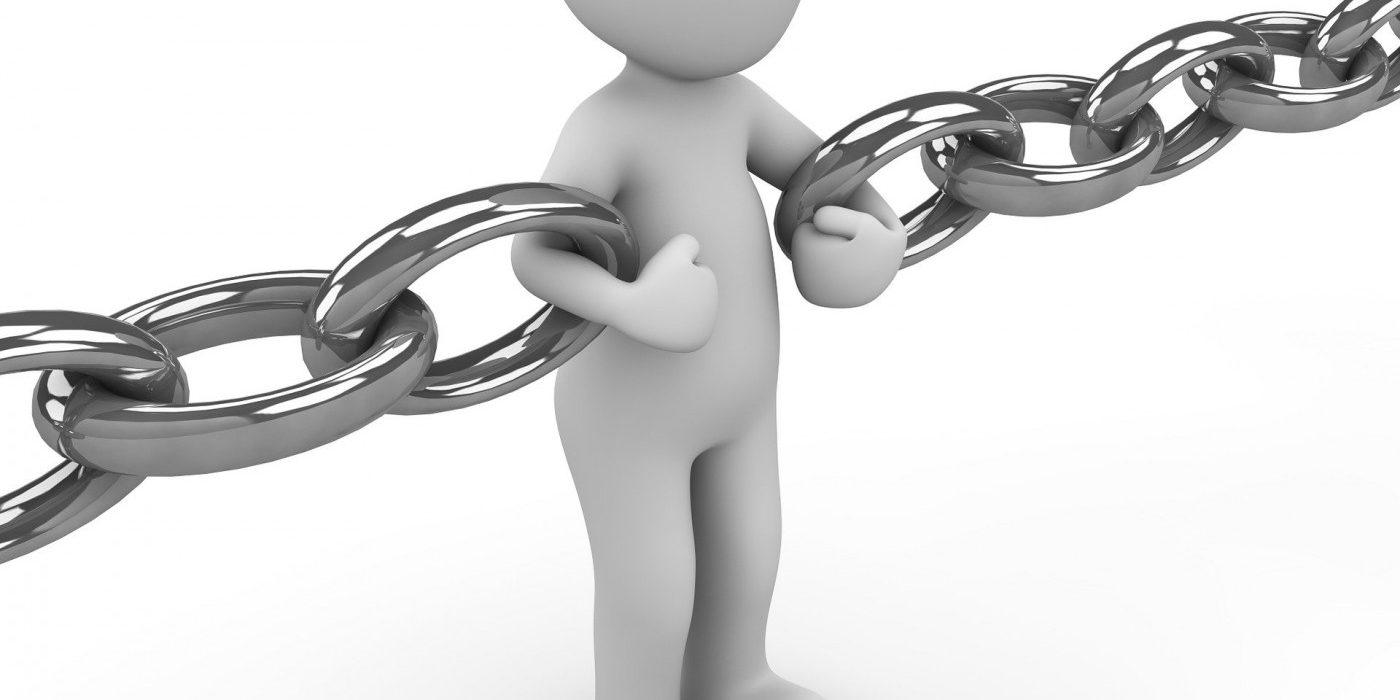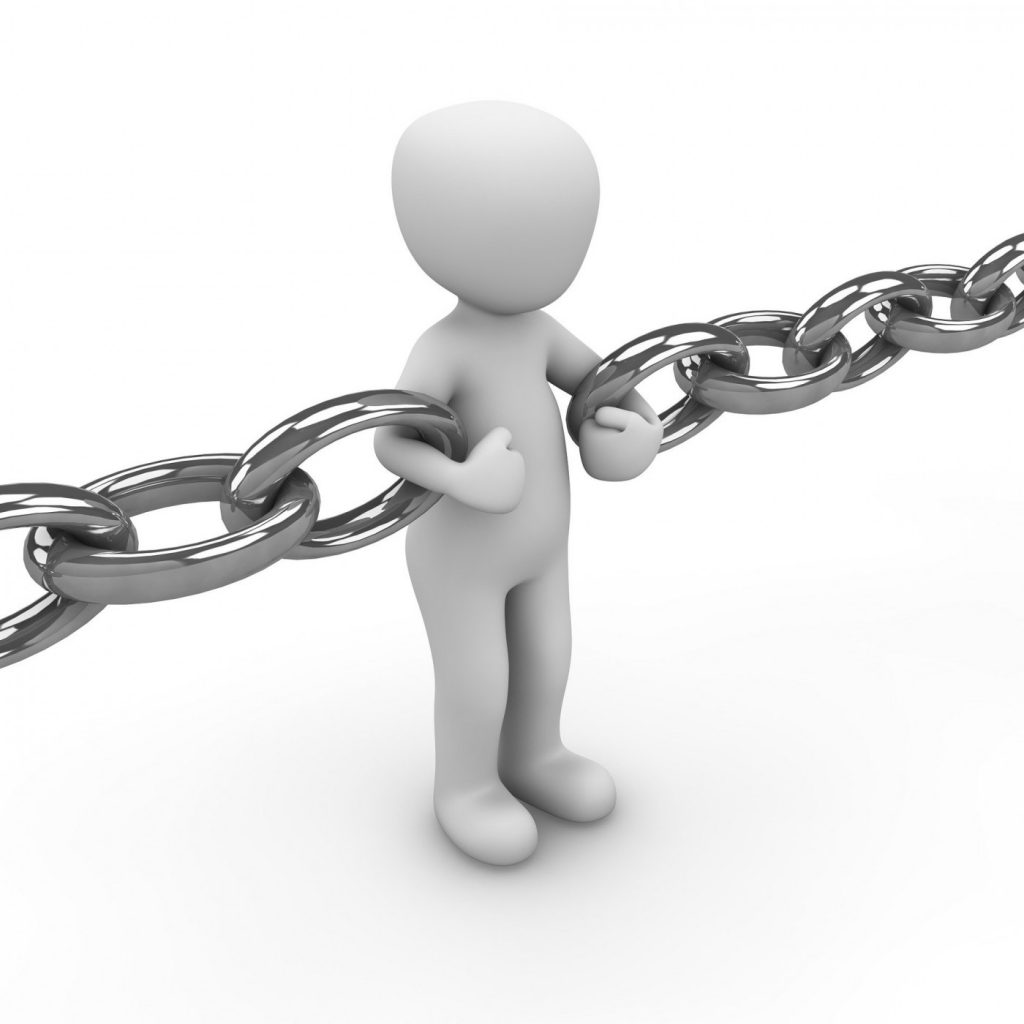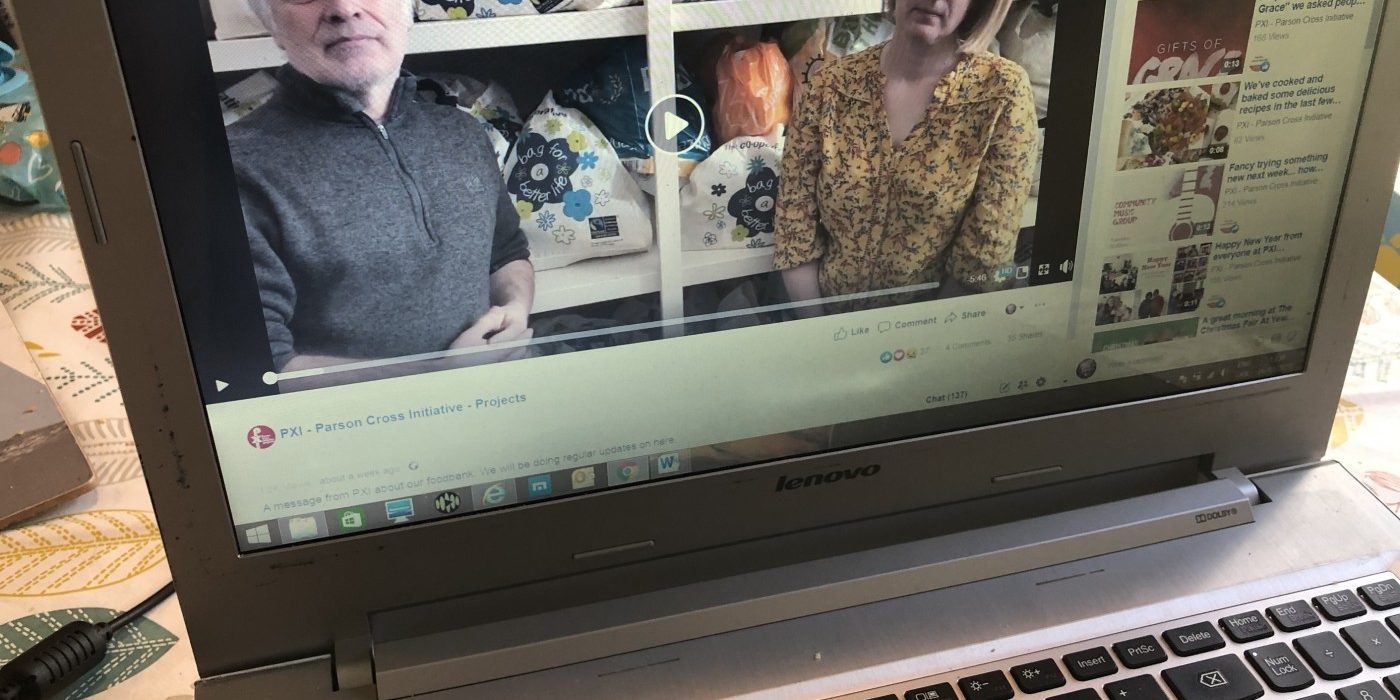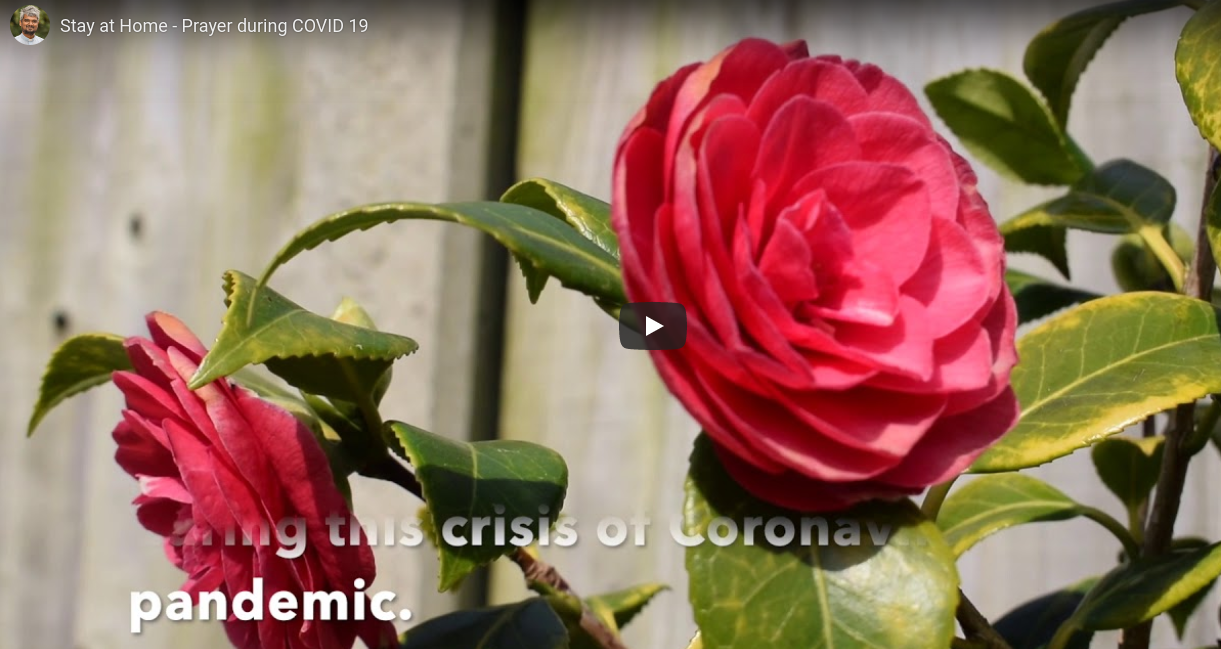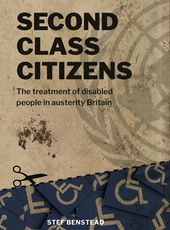In February Ben Pearson, our Food Power Empowerment Officer, along with Dr Kayleigh Garthwaite, facilitated a workshop on food justice and food security, exploring the need for global solidarity with a group of individuals with lived experience of food poverty on the Byker estate in Newcastle. Here are Ben's reflections on the process.
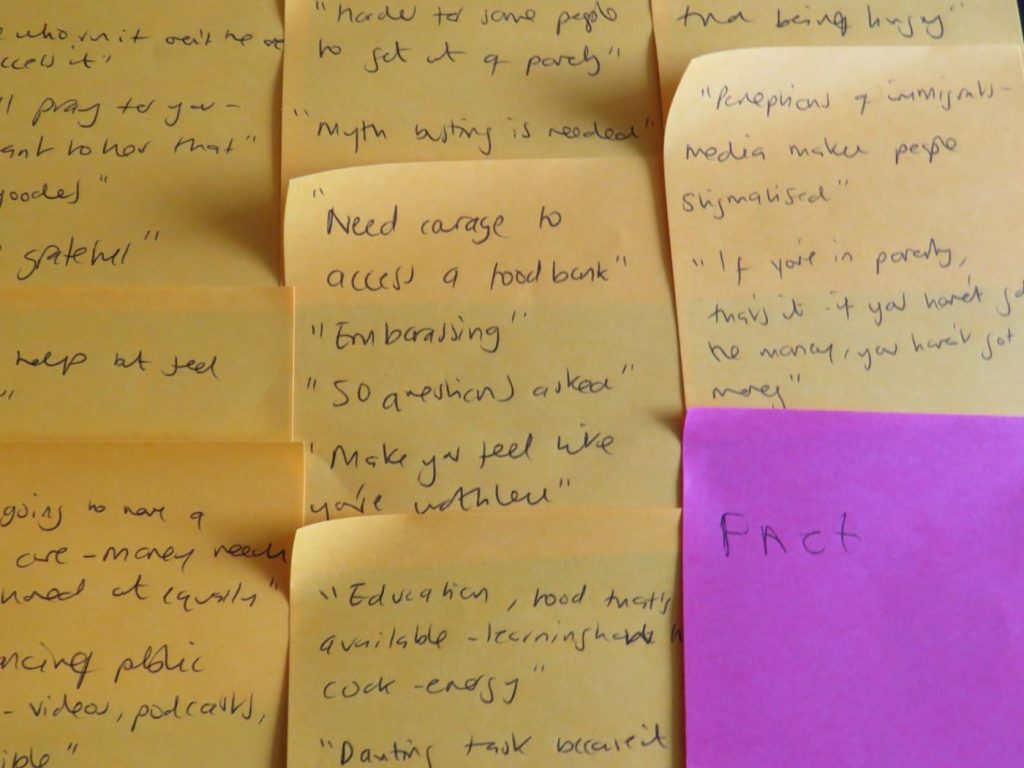
The Global Solidarity Alliance for Food Justice and Food Security was formed last September with colleagues from the United States and Canada, when both Ben and Kayleigh, along with Heather and Penny from Byker, attended the Closing the Hunger Gap Conference in North Carolina, USA.
The alliance is working on A Manifesto for Food Justice and Food Security. Key to this is that those experiencing and at risk of food insecurity take a lead in determining and shaping the public policies and strategies used to improve these situations, embracing people with lived experience as core members of campaigns and organisations.
It’s evident, perhaps now more so than ever, that many of the issues those in poverty face are very similar whether in the UK, United States, Canada or beyond. It’s therefore important to ensure the voices of those with lived experience are listened to and heard, and that the manifesto relates and engages those at the grassroots along with academics and those working in the sector.
A lively discussion was had, covering a range of topics from human rights to race, capitalism to climate. One message that was loud and clear from the group was that:
If welfare was paid to an acceptable level for people to live we wouldn’t have food insecurity.
That means:
Enough money so you don’t have to attend handouts for food and clothing, having a choice where to buy food, and an adequate education system to enable people to learn how to cook.
Food charity was seen to be neither dignified nor a long-term solution:
Money needs to be shared more equally.
They talked about “do-gooders” and the need to “feel grateful” often causing feelings of both anger and embarrassment:
They make you feel like you’re worthless.
One participant talked about how “people who have got don’t give a screw”, with persistent inequality lying at the root of persistent food insecurity. As we know in the current crisis, people are uncertain over the future and even more will become food insecure. This is perhaps an opportunity or ‘canny idea’ for many more of us to come together in solidarity, building a movement to tackle the underlying causes of poverty.
Penny Walters, a workshop participant and active campaigner with lived experience of poverty, says:
Bringing people together from different backgrounds to do workshops and have discussions brings a broader view, and could bring about a wider range of solutions.
Ben and Kayleigh hope to continue the conversation with grassroots activists and those with lived experience of poverty over the coming months, and will explore ways in which those with lived experience can get involved online. If you would like any more information regarding the Global Solidarity Alliance for Food Justice & Food Security, please contact Ben.
